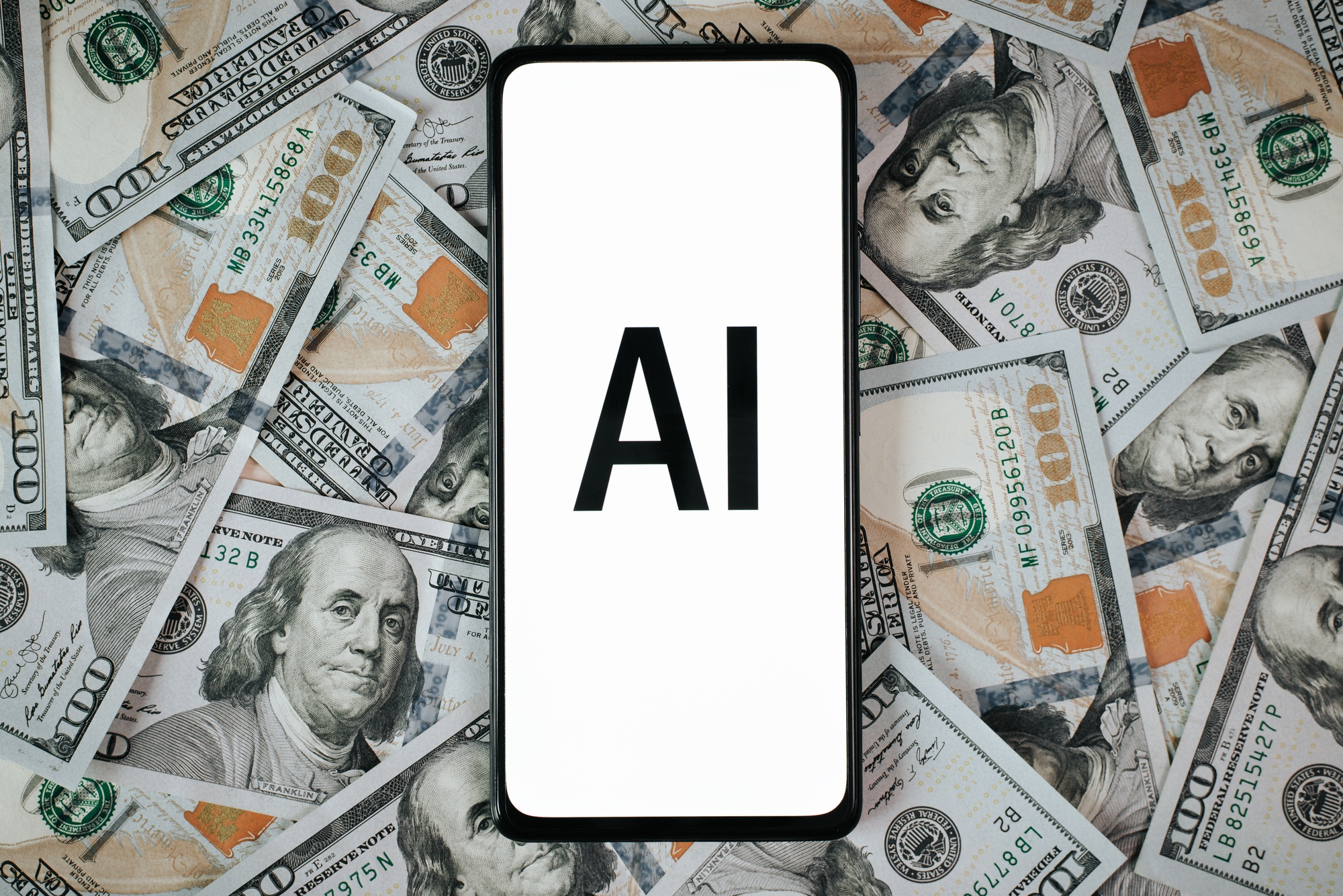The adoption of ChatGPT for financial advice has surged significantly, reflecting a broader trend of integrating artificial intelligence into personal finance management. This shift is reshaping how individuals access and utilize financial guidance, with many turning to AI-powered chatbots for real-time, personalized insights.
Recent developments highlight how ChatGPT, developed by OpenAI, is now being employed by retail investors and financial advisors alike to make informed decisions. Its ability to analyze vast amounts of data quickly and provide tailored recommendations makes it an attractive tool for managing investments, planning budgets, and understanding complex financial concepts.
More specifically, users are leveraging ChatGPT to get insights on stock market trends, cryptocurrency movements, and portfolio diversification strategies. For instance, some investors have reported using ChatGPT to evaluate the potential risks and rewards of stocks like Tesla (TSLA) and Apple (AAPL), or to comprehend the implications of recent economic data releases.
Financial firms and fintech startups are integrating ChatGPT into their platforms to offer improved customer service and advisory services. These AI-driven tools can answer client queries about individual retirement accounts (IRAs), tax optimization, and even credit management, providing instant, around-the-clock assistance that was traditionally unavailable.
Despite its growing popularity, experts caution that ChatGPT should complement, not replace, professional financial advice. Risks include potential inaccuracies in AI-generated recommendations and the lack of personalized context that a human advisor can provide. Nonetheless, many see this as a step toward democratizing access to financial expertise, especially for younger or less experienced investors.
Market analysts are closely monitoring how this trend influences the investment landscape. Some argue that the widespread adoption of AI for financial decision-making could lead to more efficient markets and reduced transaction costs. However, concerns about over-reliance on AI and the potential for systemic risks if AI-driven decisions lead to unforeseen market movements remain topics of debate.
Looking ahead, developments in AI technology and regulations governing its use will likely shape the future of AI-powered financial advice. The industry is also awaiting the rollout of more sophisticated versions of ChatGPT, which promise deeper insights and more accurate financial analysis.
What are the main advantages of using ChatGPT for financial advice?
It offers instant, personalized insights and can analyze large datasets quickly, making financial advice more accessible and efficient.
What are the limitations of relying on ChatGPT for financial decisions?
AI may produce inaccurate recommendations or lack the nuanced understanding of an experienced financial advisor, posing risks for users.
How might regulatory changes impact the use of AI in financial advising?
Future regulations could set standards for AI transparency and accountability, ensuring safer and more reliable deployment in the financial sector.







